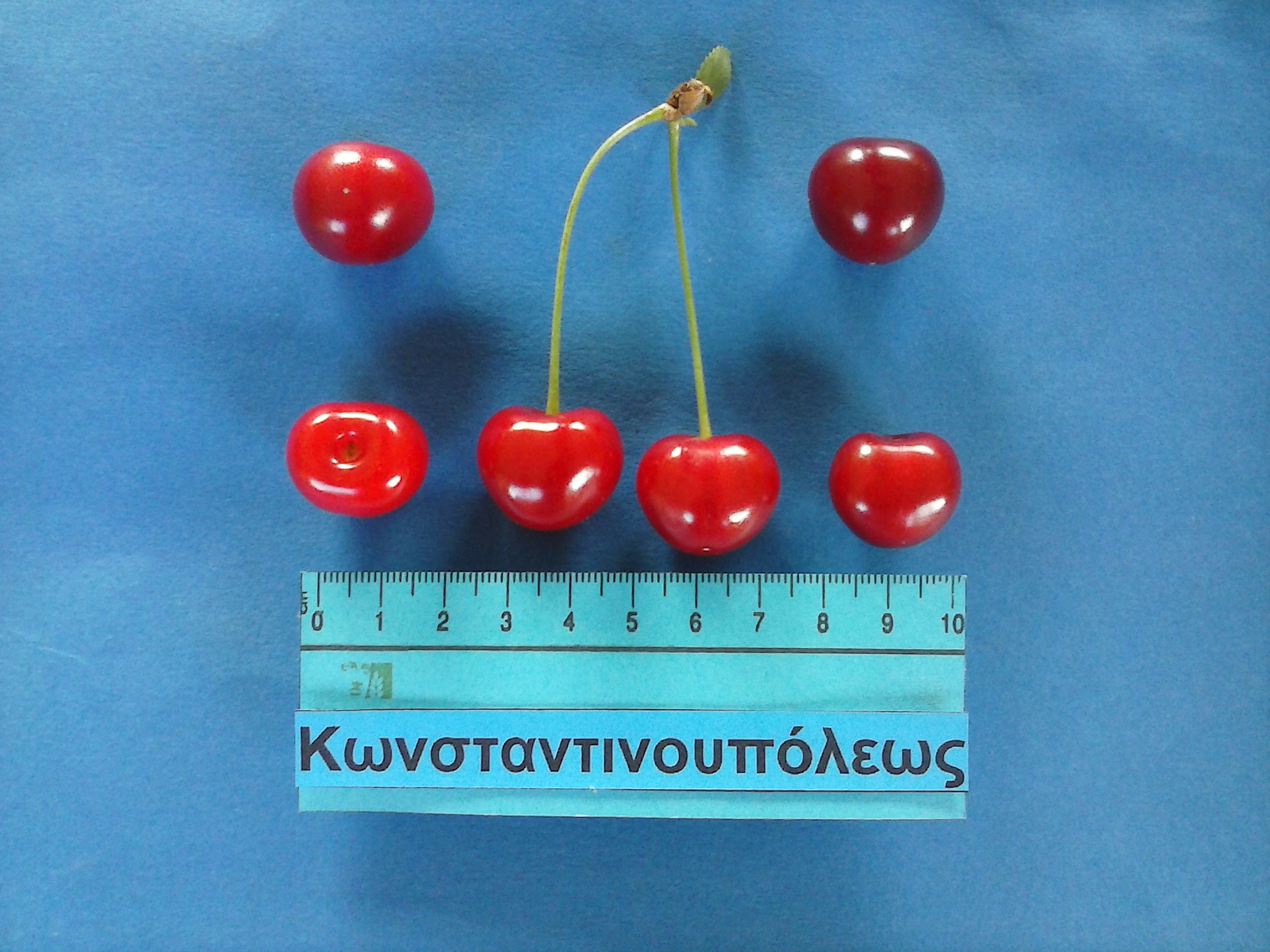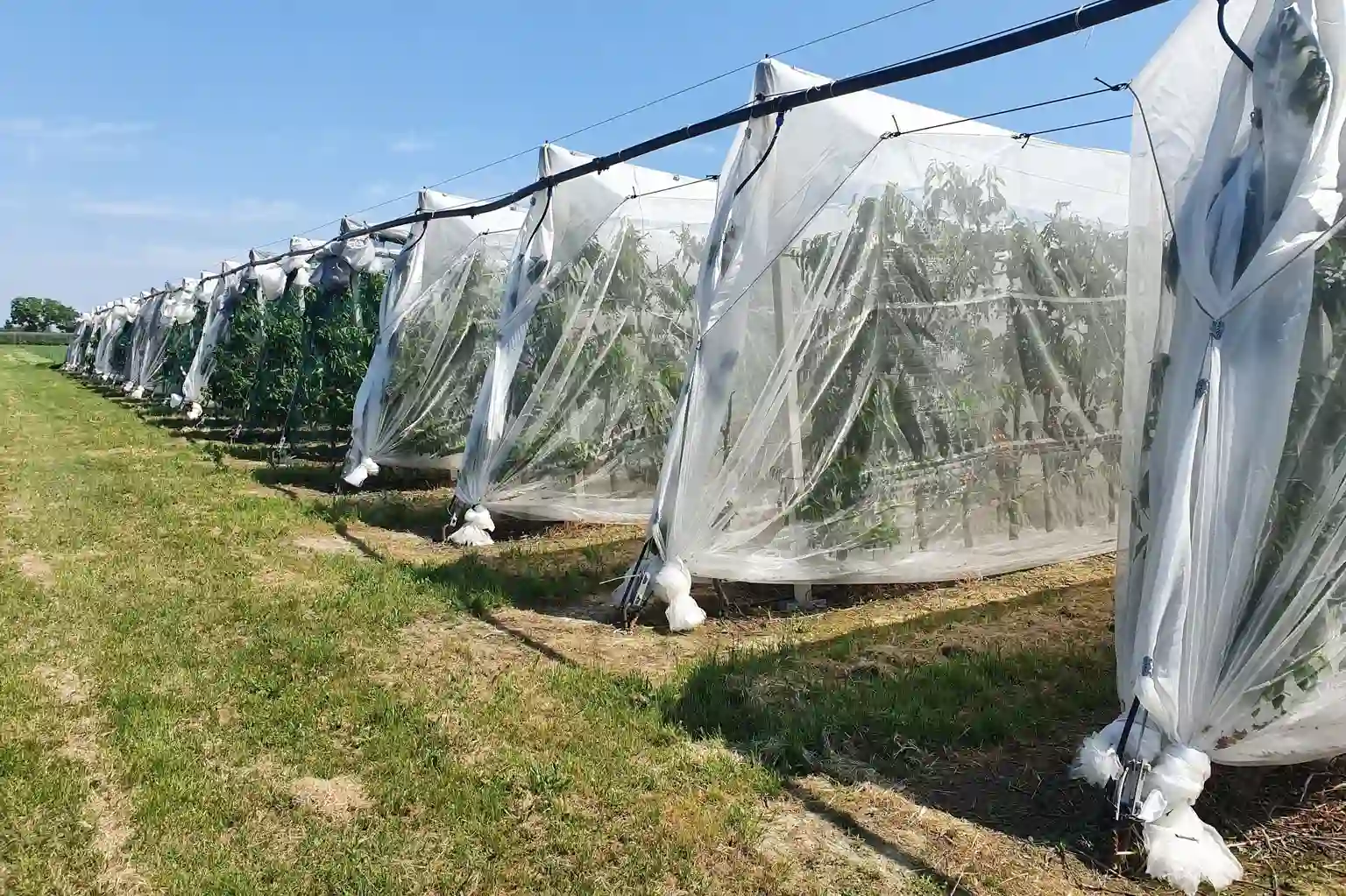The Drosophila Suzukii has arrived from Japan through trade and has gradually spread in France, Europe, and around the world. "With increasingly favorable climate and the gradual disappearance of control methods due to bans, we could lose up to 35% of our production due to this small insect," says Jean-Christophe Neyron, president of AOP Cerises de France.
So much so that some professionals are questioning if it's still reasonable to plant cherry trees today.
The fight against Drosophila suzukii: a hope called Ganaspis
Since 2022, when one of the last effective active ingredients, Phosmet, was banned, the government has provided the industry with €7 million as compensation for researching alternative solutions. Scientists, who weren't expecting this grant to focus on this Asian parasite, still managed to accelerate efforts and reintroduced a naturally predatory insect, Ganaspis, from Japan, the homeland of Drosophila suzukii.
The Ganaspis represents a great hope for the cherry sector. "Promising results have already been seen in North America, where it has naturally settled. Currently, we are testing its acclimatization and effectiveness in about 60 plots across France," explains Nicolas Borowizc of INRAE Paca.
The first release occurred in 2022, and since then, improvements have been steadily made. At the CTIFL La Tapy experimental station, efforts are also underway to find a biocontrol molecule to combine with Ganaspis for a comprehensive control method. Meanwhile, growers still have 4 or 5 active ingredients to choose from and can alternate these treatments to avoid pests like fruit flies, cherry flies, aphids, and mites.
Monofilament nets, an expensive solution
Some growers, like the Reynard family, have implemented expensive monofilament net systems covering several hectares, ensuring complete protection of trees and orchards. However, these systems, used in less than 10% of cherry trees in France, come at a cost (ranging from €20,000 to €80,000 per hectare) that some growers cannot afford.
"Unfortunately, research timelines do not align with production timelines, and everyone is awaiting a long-term solution that will allow us to work more peacefully in the future," concludes Jean-Christophe Neyron.
Source: Reussir
Image: SL Fruit Service
Cherry Times - All rights reserved










